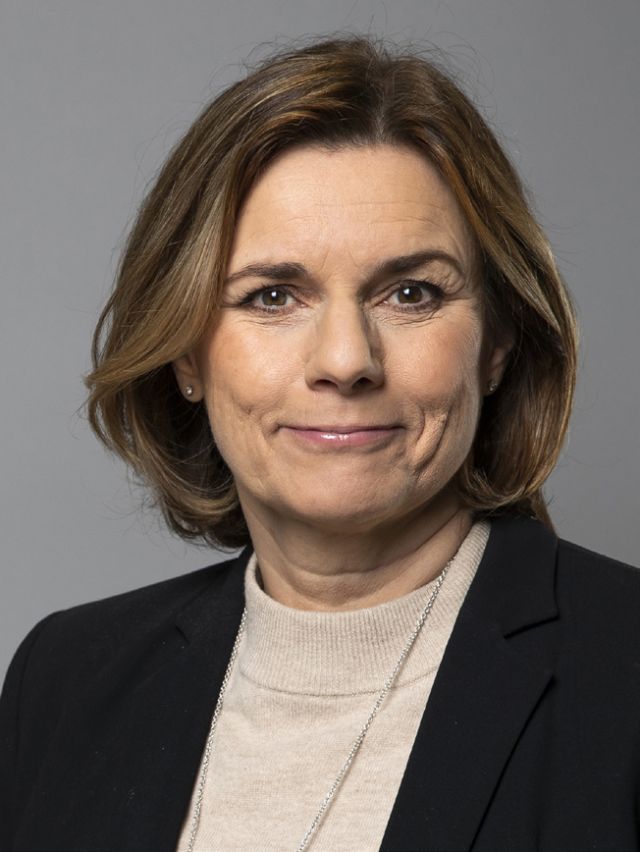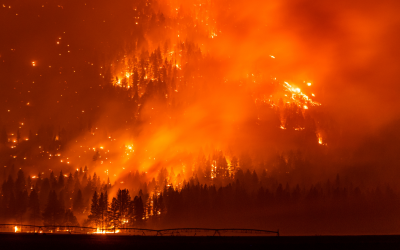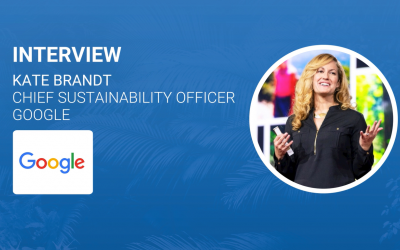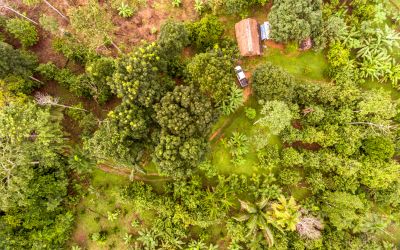Isabella Lövin on what needs to be achieved in the next 12 months in the run up to COP26
To mark the anniversary of COP21 and the Paris Agreement, Climate Action caught up with Isabella Lövin, Minister for Environment and Climate, and Deputy Prime Minister of Sweden, to discuss what needs to be achieved in the next 12 months in the run up to COP26.

To mark the anniversary of COP21 and the Paris Agreement, Climate Action caught up with Isabella Lövin, Minister for Environment and Climate, and Deputy Prime Minister of Sweden, to discuss what needs to be achieved in the next 12 months in the run up to COP26.
In your view, what is the single best thing that has been achieved since COP21 in Paris in 2015?
The Paris agreement has led to a mindset shift in large parts of the world. At the global level the shift we are seeing away from coal power generation and the rapid uptake of renewables is truly promising, as is the rapidly increasing awareness of the financial sector that investments in fossil technology may/will lead to stranded assets.
What achievement or project have you been most proud of being part of since COP21?
I am very pleased that the EU has taken the lead and that coal is now being phased out in all EU countries. The reform of the EU ETS where Sweden took the lead and pressed for a stricter scheme has had enormous impact as increasing carbon price now pushes coal out of the market. In particular, I am proud of having tabled a Swedish proposal that will lead to more than 2 billion tons of emission allowances being removed from the system.
Outcomes of COP21 placed particular focus on:
- Ensuring increased transparency in the measuring and reporting of greenhouse gas emissions
- The provision of financial resources and technology from developed to developing countries
- The importance of conservation and enhancement of forests and other biological carbon reservoirs
What topic would you like to see focused on at COP26 and why?
In terms of the negotiations, I would like to see results on transparency. Transparency builds trust between parties, and with trust we can dare to be more ambitious.
What are you most excited about in regards to COP26?
I am most excited about the ever-increasing engagement from society at large, not least youth and business. Youth keeps us on our toes, and business delivers solutions. A COP is an opportunity to showcase solutions and achievements, but we should also remind ourselves that climate action is a continuous process – we shouldn’t wait only for a COP for things to happen.
2020 has been described as the beginning of the ‘decade of change’. However, the Climate Clock suggests we have just over 7 years. Clearly it is Time to Act. But what are your thoughts? Do we have a decade to deliver or is it in fact 7 years?
We need to deliver now. There is no time to wait. What we do now determines how successful we will be in making an orderly transition to climate neutrality. We must stop the discussions on the cost of action and be clear about the cost of inaction and do what we all know needs to be done. Inaction now brings about more costs and suffering than if we act now.
When recovering from the Covid-19 pandemic, we have an opportunity to solve two crises at the same time: the economic crisis and the climate crisis. We should aim for a green and healthy recovery, ensuring healthy people on a healthy planet.
What are the three things you think we should prioritise in the next 12 months to ensure we have a chance of meeting 2030 emission reduction targets?
We urgently need to shift financial flows from fossil fuels to energy efficiency and renewable energy production, increase investments in industrial transition and make sure to implement climate policies into all sectors of government and businesses.
The world has come so far in the last decade and the next 10 years are a fantastic opportunity to achieve great things. But we must act now and the world must come together in order to meet targets set out in the Paris Agreement. In what ways do you think the world/our day to day life will look different in 2030?
COVID-19 has caused a global crisis that in many ways has exposed the vulnerability of modern society. The road to recovery will be long, but it also provides an opportunity to create a more sustainable and more resilient society.
I believe the crisis has made us all more aware of some unsustainable aspects of our lifestyle, creating a willingness to change also after the crisis. I think we will travel less but appreciate and value our experiences more when we travel and meet new cultures. I also think we will finally start to understand that technological leaps are necessary but not enough, and that we have made progress in our endeavour to create a circular economy where the ordinary things we use are not consumed but passed on through re-use and recycling.
What is the one most important thing in your eyes, that needs to be achieved by 2030?
A shift away from fossil fuels is a top priority. This implies also a shift in our mindset. All of us, governments, businesses and individuals need to understand that we have a common responsibility and that we can’t just expect others to do something. Taking that responsibility unavoidably leads to a society where social, financial and environmental issues support life on our planet.
Emissions of carbon dioxide must be significantly decreased. The science is clear. By 2030, the global emission must be reduced by 50%, and we have to reach net-zero emissions by 2050 to have a chance to limit the global warming to levels that aren’t dangerous.






